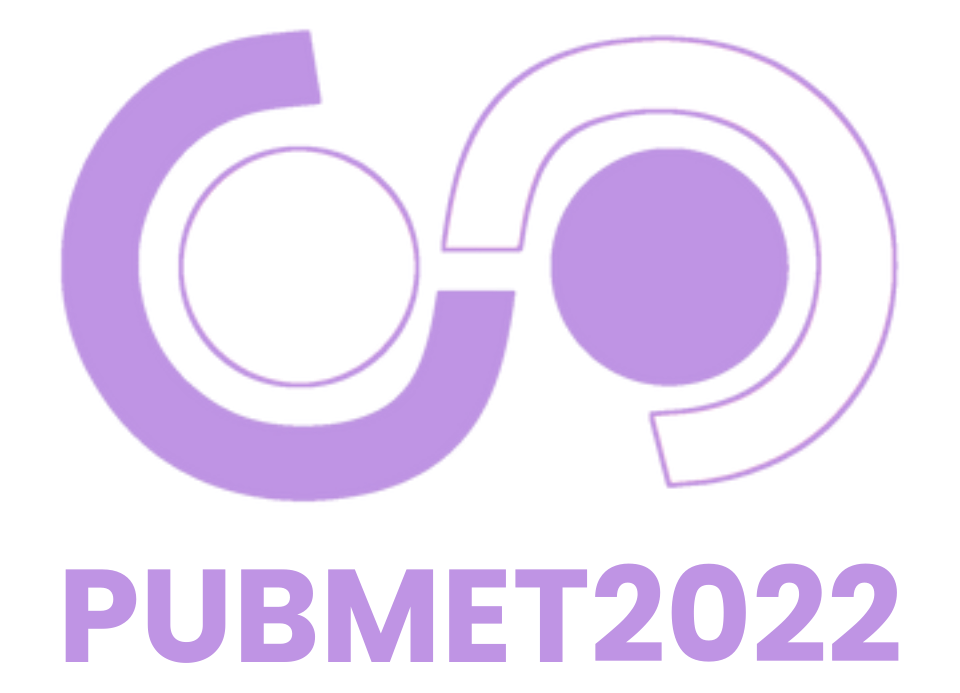Citizen Science in Europe – challenges in conducting Citizen Science activities in cooperation with university and public libraries

Citizen science (CS) has many definitions but it is commonly known as collaboration between professional scientists and the rest of society (Ignat et al, 2018). Although there have been cases of its implementation in the past, the term became globally known in 2012 (Vohland et al, 2021). CS activites cover a wide range of academic disciplines and vary widely in what is required of activity participants in terms of knowledge, time commitment, travel, and use of technology (Cohen et al 2015). For the past ten years, libraries have often introduced CS in order to encourage greater interaction between science and society as a form of their services or specially organized activities.
The types of libraries that often conduct CS are academic, public and research libraries. Each of these library types has a specific user population; academic libraries have students and scientific and teaching staff, public libraries have local community and research libraries have researchers. However, libraries usually carry out CS activities separately, and very rarely in cooperation with other types of libraries. Some collaboration challenges are related to its complexity, uncertainty regarding research co-creation and participant retention strategies (Cigarini et al 2021). Such cooperation is one of the aspects explored by the LIBER project CeOS_SE Project – Citizen-Enhanced Open Science in Southeastern Europe Higher Education Knowledge Hubs (more information on https://libereurope.eu/project/ceos_se-project-citizen-enhanced-open-science-in-southeastern-europe-higher-education-knowledge-hubs/). The main goal of the project is to raise awareness of mainstream Open Science and CS practices in Southeastern (SE) Europe. As a project partner, the National and University Library in Zagreb, in cooperation with the University Library of Southern Denmark, conducted a survey that included other European countries in addition to SE Europe to examine and collect the good practices of civil engagement in university libraries. The survey was sent across the European university libraries with the help of other project partners (libraries from Netherlands, Italy, Greece, Cyprus, Serbia and Bulgaria). Within the survey, it was also investigated whether university libraries carried out CS activities in collaboration with public libraries and what were the reasons for their non-collaboration. A relatively small number of university libraries declared that they cooperate with public libraries in creating CS activities. After conducting the survey, several university libraries that had such activities were interviewed and it was examined how they faced possible problems and how they solved them.
With this presentation we will present the main challenges, barriers and difficulties in CS activity conduction in cooperation of university and public libraries in Europe. Also, we would like to explain the reasons for small number of joint implementation of CS activities. We will try to offer possible solutions to existing and potential problems as well as benefits for both university and public libraries. Co-created activities modify the relationship between libraries and librarians, but also with their users, shifting them towards a more participatory interaction (Cigarini et al 2021) and with this presentation we would also like to raise awareness about the mentioned positive effects of such cooperation.
Alisa Martek
National and University Library in Zagreb
User Services Department
Zagreb, Croatia
ORCID ID: 0000-0002-7179-7315Dorja Mučnjak
National and University Library in Zagreb
User Services Department
Zagreb, Croatia
ORCID ID: 0000-0001-5141-8966Dolores Mumelaš
National and University Library in Zagreb
User Services Department
Zagreb, Croatia
ORCID ID: 0000-0003-0849-4204

